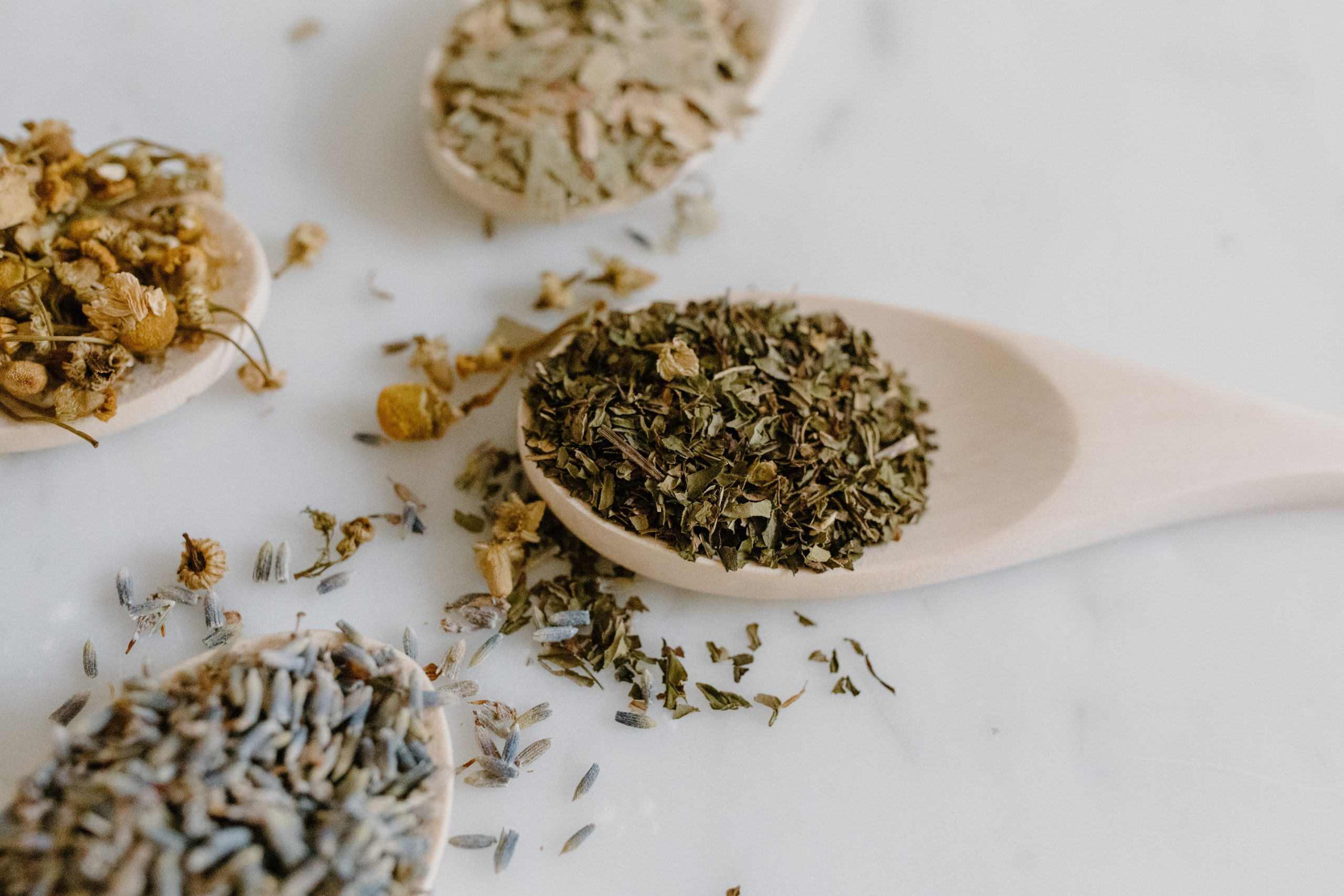What is Iphym Herboristerie Linum usitatissimum sorted flaxseed used for?
Linseed is a real natural treasure, renowned for its laxative properties and cardiovascular benefits. Used for centuries in traditional medicines, today they continue to be acclaimed for their therapeutic virtues. Rich in omega-3 fatty acids, dietary fiber and antioxidants, this little seed is a precious ally for good health.
Thanks to their high mucilage content, flaxseeds absorb up to eight times their volume in water. They act as a natural lubricant for the intestines, facilitating the passage of food and preventing constipation. The mucilages contained in the seeds soften stools, reducing the pain associated with transit problems. Clinical studies show that their action can be felt as early as 12 to 24 hours after consumption, with a noticeable improvement in digestive comfort.
Flaxseed contains one of the highest levels of omega-3 fatty acids among plant sources, notably alpha-linolenic acid (ALA). These fatty acids are essential for cardiovascular health: they help reduce LDL cholesterol levels, also known as "bad cholesterol", and lower blood pressure. Although research results are still preliminary, some studies suggest that flaxseeds may also help prevent heart disease.
The lignans present in flaxseeds have estrogen-like properties, making them an interesting natural supplement for women going through menopause. These substances can help alleviate hot flushes and balance hormones, improving quality of life during this transition. However, it is advisable to consult a health professional before incorporating flaxseed into your diet if you are undergoing hormonal treatment.
The alpha-linolenic acid contained in flaxseed also has anti-inflammatory properties. These effects can be particularly beneficial for people suffering from chronic conditions such as arthritis or inflammatory bowel disease. By reducing systemic inflammation, flaxseed helps protect the body against damage caused by oxidative stress.
Flaxseeds are rich in dietary fiber, making them ideal for improving digestion. They help regulate intestinal transit, preventing bloating and facilitating the elimination of toxins. What's more, they encourage the development of beneficial bacteria in the intestine, creating an environment favorable to digestive health.
Research is currently underway to explore the potential role of flaxseed in the prevention of certain hormone-dependent cancers, such as breast and prostate cancer. Although the results are not yet definitive, flaxseed remains a promising source of bioactive compounds that could play a preventive role.
We also offer Mistletoe Leaf from the Iphym laboratory, at the best price in our online pharmacy.
How to use this plant
To treat constipation, we recommend consuming between 5 and 10 grams of flaxseed, whole or finely chopped, soaked for 20 minutes in 150 ml of water. This dosage should be repeated three times a day. Make sure you consume a sufficient quantity of water (at least 150 ml) for each dose to ensure adequate stool hydration and avoid any risk of intestinal obstruction. Flaxseed should not be taken before bedtime.
In the case of irritable bowel syndrome, it's best to start with small doses, around one teaspoon of ground seeds, to test individual tolerance.
Give your opinion on the advice for use and dosage of Graine de Lin triée Iphym Herboristerie Linum usitatissimum with our partner Verified opinions after your purchase.
Precautions for use
Patients with a history of serious intestinal problems, such as bleeding, obstruction, or conditions affecting intestinal motricity (stenosis, ileus, etc.), should not use flaxseed. If constipation persists for more than three days, a doctor should be consulted.
Overweight people should consume whole seeds to limit fat absorption. Conversely, patients suffering from diverticulitis or irritable bowel syndrome should prefer ground seeds.
Flaxseeds may cause flatulence at the start of treatment. These symptoms generally disappear with time. In the event of insufficient water intake, the risk of intestinal blockage is high.
Finally, we recommend a two-hour interval between taking flaxseed and taking medication (such as iron, calcium or vitamin B12). The use of flaxseed is not recommended for children under twelve, or for pregnant or breast-feeding women, due to the hormonal effects of lignans.
What is its composition?
Latin name: Linum usitatissimum L.
Family: Linaceae
Common names : Common flax, cultivated flax, domestic flax, flower flax, Riga flax, common flax, manousse
Parts used: seeds, grains
Origin: Linum comes from linon, "thread", because of its use in textiles; usitatissimum, "much used".
According to some sources, the seed has other virtues, linked to its specific lignan content, secoisolariciresinol diglucoside(SDG).
Packaging
100 g, 250 g or 1 kg.







